How Does Microbial Identification Benefit Your Pharmacy?
Andrew Taylor, Microbiology Supervisor
Microbial identification is an important component of a quality assurance program; specifically as it relates to environmental monitoring (EM), raw material and final product bioburden assessment, and out-of-specification (OOS) investigations.
Environmental Monitoring
USP <1116> Microbiological Control and Monitoring of Aseptic Processing Environments states “a successful environmental control program includes an appropriate level of identification of the flora obtained by sampling.” Continuous monitoring of the environment allows a facility to determine if any unusual microorganisms are present and is necessary for evaluating the effectiveness of the cleaning and sanitization measures. USP <1116> also speaks to the importance of analyzing contamination trends in any aseptic environment, which has long been a component of a successful environmental control program. Without microbial identification of EM isolates, it is very difficult to recognize when control over an environment has changed.
Another critical aspect associated with EM in a compounding facility is the monitoring for highly pathogenic microorganisms (e.g., Gram-negative rods, coagulase positive staphylococcus, molds and yeasts), which can be potentially fatal to patients receiving compounded sterile products. Should these organisms be found, USP <797> directs that it “shall be immediately remedied, regardless of cfu count, with the assistance of a competent microbiologist, infection control professional or industrial hygienist.”
Bioburden Assessment
It is important for a pharmacy to know of the specific microorganisms that may reside in their controlled environments and in their starting materials. It is becoming more common that pharmacies perform a bioburden assessment of their raw materials and non-sterile products as described in USP chapter’s <61> and <62>. When performing these tests, it is prudent to identify any contaminants found, and in the case of absence of specified organism testing, the need for microbial identification is specifically cited in USP <62>. This chapter requires confirmatory identification tests for any organisms that grow on selective media to determine a final result. Additionally, pharmacies should be aware if their raw materials contain a high bioburden to prevent potential out-of-specification results. For example, a downstream failure in endotoxin testing may be avoided if testing identifies gram-negative bacteria present in the raw material prior to formulation.
Out-of-Specification Investigations
According to USP <1116>, microbial identification can be useful data for investigating an out-of-specification result and looking for the possible contamination source. Once an organism’s identity is known, it becomes more practical to assess its possible ingress into an aseptic environment. For example, one may conclude that a soil-borne organism was likely to have been brought in on an employee’s shoes. This information can be part of the root cause assessment, where a conclusion may be that improper gowning techniques or insufficient contamination controls between outside shoes and an aseptic processing environment were to blame for an excursion or OOS event. It is also noteworthy that when performing USP <71> sterility testing, the general test chapter allows for invalidation of an OOS result if identification of the microorganisms isolated from the test may be “unequivocally ascribed to faults with respect to the material and/or the technique used in conducting the sterility test procedure.”
Microbial identification helps improve the quality of pharmacy operations and provides an increased understanding of compounding environments.
For more information, contact ARL at 800-393-1595 or info@arlok.com.
References
- USP <61> Microbiological Examination of Nonsterile Products: Microbial Enumeration Tests
- USP <62> Microbiological Examination of Nonsterile Products: Tests for Specified Microorganisms
- USP <71> Sterility Tests
- USP <797> Pharmaceutical Compounding—Sterile Preparations
- USP <1116> Microbiological Control and Monitoring of Aseptic Processing Environments
